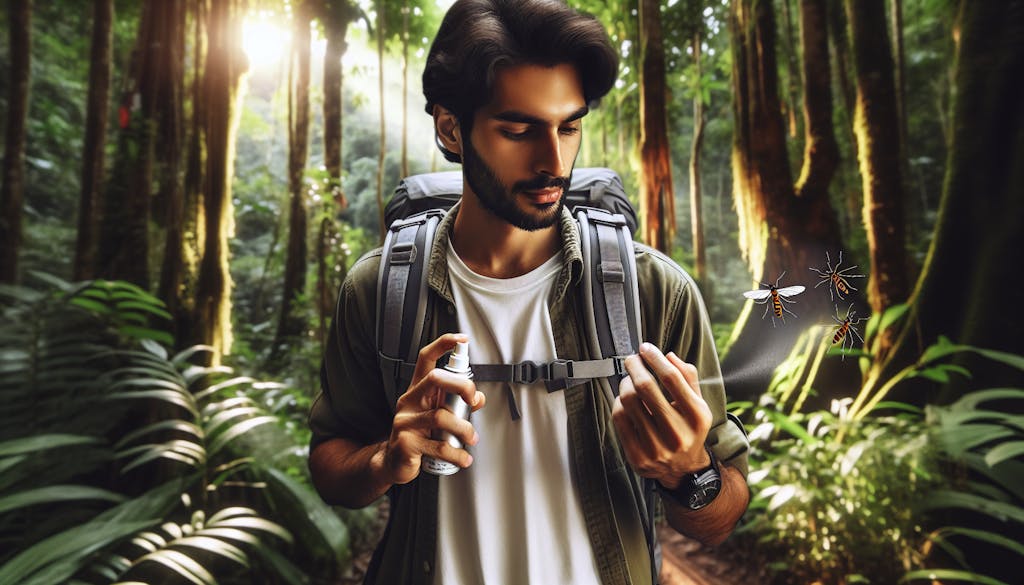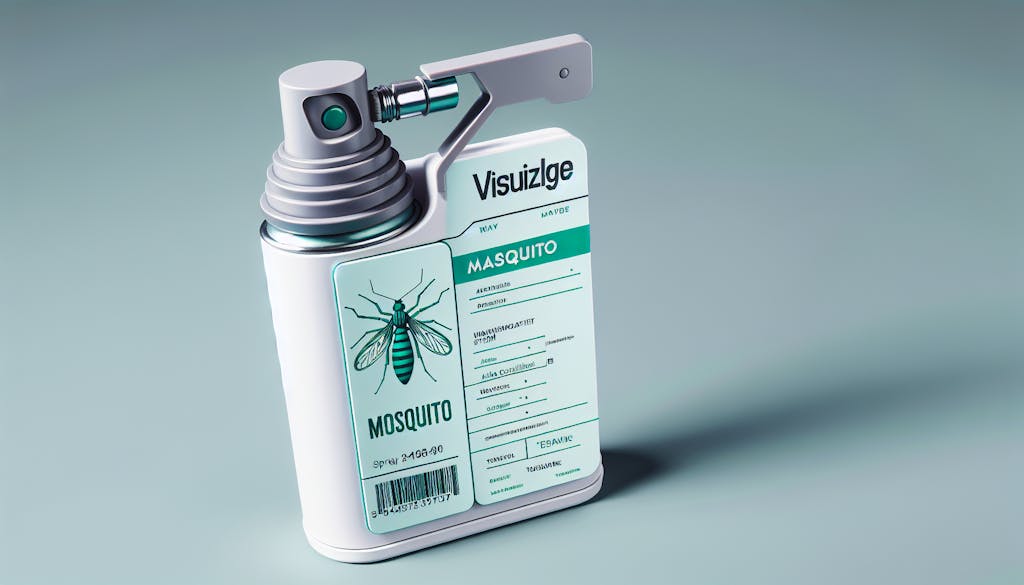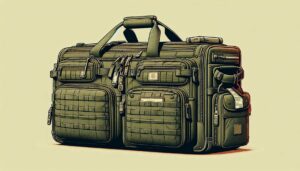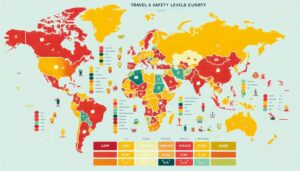When traveling, especially to areas with high mosquito populations, protection from mosquito bites becomes a top priority. Mosquitoes not only disrupt comfort but can also transmit dangerous diseases such as malaria, dengue fever, and chikungunya. This is where travel size mosquito spray becomes a practical solution to protect yourself from mosquito attacks during your journey.
Introduction
The Importance of Protection from Mosquitoes When Traveling
Mosquitoes are one of the most annoying insects when traveling. They not only cause itching and discomfort but can also spread serious diseases. Therefore, it’s super important for us to protect ourselves from mosquito bites, especially when traveling to areas with a lot of mosquitoes.
Advantages of Travel Size Mosquito Spray
Travel size mosquito spray has many advantages compared to regular sizes. First, its small and compact size makes it easy to carry anywhere, even fitting into a small bag or pants pocket. Second, travel size mosquito sprays usually comply with the liquid size regulations allowed on airplanes, so you don’t have to worry when going through airport security checks.
Types of Travel Size Mosquito Spray
Chemical-Based Sprays
DEET
DEET (N,N-diethyl-m-toluamide) is the most common chemical used in mosquito sprays. DEET is effective at repelling mosquitoes and other insects. Travel size mosquito sprays with DEET usually have a concentration between 7% to 30%.
Picaridin
Picaridin is a newer chemical alternative and is considered safer than DEET. Picaridin is not sticky, doesn’t have a strong odor, and doesn’t damage synthetic fabrics. Travel size mosquito sprays with picaridin are suitable for those who don’t like strong odors or are concerned about skin irritation.
Natural Sprays
Essential Oils
For those who prefer natural ingredients, travel size mosquito sprays made with essential oils can be an option. Essential oils such as citronella, lemon eucalyptus, and peppermint are known to be effective at repelling mosquitoes naturally. However, their longevity may not be as long as chemical-based sprays.
Eucalyptus Oil
Eucalyptus oil is also often used as a natural mosquito repellent. Travel size mosquito sprays containing eucalyptus oil usually have a fresh and refreshing scent, perfect for those who don’t like strong odors.
How to Choose the Right Travel Size Mosquito Spray

Consider Your Travel Destination
Before buying a travel size mosquito spray, consider your travel destination. If you’re going to an area with a high risk of mosquito-borne diseases, choose a spray with strong protection like DEET or picaridin. However, if you’re just going to an area with a low mosquito population, a natural spray may be sufficient.
Pay Attention to Active Ingredients
Check the active ingredients in the travel size mosquito spray you’re going to buy. Make sure the concentration of active ingredients suits your needs. The higher the concentration, the longer the protection.
Check Size and Packaging
Make sure the size of the travel size mosquito spray you choose complies with the liquid size regulations allowed when traveling, usually under 100ml. Additionally, choose sturdy packaging that doesn’t leak easily to avoid spills in your bag.
Read Product Reviews
Before buying, it doesn’t hurt to read product reviews from other users. Find out their experience using the travel size mosquito spray, whether it’s effective, and if they experienced any side effects. Product reviews can help you choose the right spray.
Tips for Using Travel Size Mosquito Spray

Optimal Spraying Time
Spray the travel size mosquito spray at the right time, usually before outdoor activities or when entering areas with a lot of mosquitoes. Don’t forget to reapply according to the usage instructions, especially after sweating or getting wet.
Proper Application
When applying travel size mosquito spray, spray evenly on exposed skin areas, such as arms, legs, and neck. Avoid spraying directly on the face; instead, spray on your palms and carefully apply to your face.
Storage After Use
After use, store the travel size mosquito spray in a cool and dry place, out of reach of children. Make sure the bottle cap is tightly closed to avoid leakage and maintain the effectiveness of the spray.
Conclusion
Travel size mosquito spray is a must-have travel companion, especially when traveling to areas with a high risk of mosquito-borne diseases. With various types and active ingredients available, you can choose a spray that suits your needs. Don’t forget to apply it properly and store it safely after use. With the right protection, you can enjoy your trip without worrying about mosquito bites.
FAQ
1. Are travel size mosquito sprays effective at protecting against mosquitoes?
Yes, travel size mosquito sprays containing active ingredients such as DEET, picaridin, or essential oils have been proven to be effective at repelling mosquitoes and providing protection from mosquito bites.
2. How long does the protection of travel size mosquito spray last after application?
The longevity of travel size mosquito spray varies depending on the active ingredients and their concentration. Generally, sprays with DEET or picaridin can provide protection for several hours, while natural sprays may need to be reapplied more frequently.
3. Are travel size mosquito sprays safe for children?
Most travel size mosquito sprays are safe for children over the age of 2 months. However, it’s best to choose sprays with lower concentrations of active ingredients and always follow the usage instructions on the product label.
4. Can travel size mosquito sprays be used on clothing?
Yes, some travel size mosquito sprays can be used on clothing to provide additional protection. However, make sure to read the product label, as some active ingredients, such as DEET, can damage synthetic fabrics.
5. What are other alternatives to using travel size mosquito spray?
In addition to using travel size mosquito spray, you can also protect yourself from mosquito bites by wearing long-sleeved shirts and long pants, using mosquito nets when sleeping, and avoiding outdoor activities during peak mosquito hours, which are at dawn and dusk.






